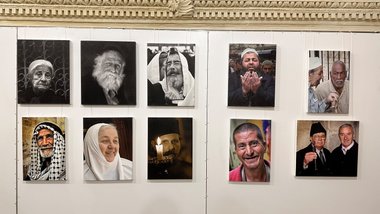Metropolitan Sava of Warsaw against the “Second Union of Brest” and “pastoresses”
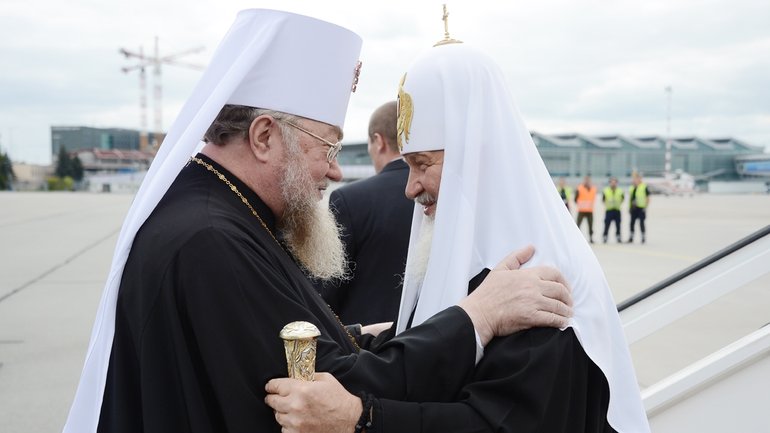
Metropolitan Sava’s confrontational stance aligns with the Kremlin’s propaganda strategy. It puts a serious question mark over the authenticity of the Polish Orthodox bishops’ stand against the war on Ukraine and commitment to ecumenical dialogue. Both facts point to a profound identity crisis of the local Orthodox Church institution. They are also a possible reaction to the lack of expected progress in property negotiations with the Polish government.
Double game
The Polish Orthodox Church regularly reports on its humanitarian aid to the victims of the war terror in Ukraine, avoiding criticism to the Russian side. It cannot be otherwise since a considerable part of these funds has been transferred to the Moscow Patriarchate, which presents itself as a great benefactor for the war victims, but in the narrative formulated by the Kremlin, at the same time justifying the murderous actions of the Russian Federation troops. A serious moral objection to supporting the charitable agencies of the Moscow Patriarchate is the possibility of their transfer to the use of the army of the Russian Federation and the forced resettlement of the Ukrainian population on Russian territory. Still, among the Polish Orthodox bishops, the problem is silenced.
As a result of an avalanche of public criticism, they did declare their unity with the Ukrainian war victims in the last synodal resolution and unambiguously named the aggressor, but many observers perceived this act primarily as a desire to avoid a clash with the decidedly pro-Ukrainian policy of the Polish authorities. Such a course provided the Orthodox Church with the financial benefits it had been demanding from the Polish government for many years. The protocol of the meeting of the Joint Team on 3rd October 2018 mentions, among other things, 207 pending cases of transfer of the real estate to the Orthodox Church, subsidies of education, demands for the creation of full-time pastoral positions (e.g. Lieutenant Archbishop Jerzy Pankowski, Military Orthodox Ordinary, asked, why no general of the Orthodox faith had been nominated since 2010).
Satan and Uniate processions
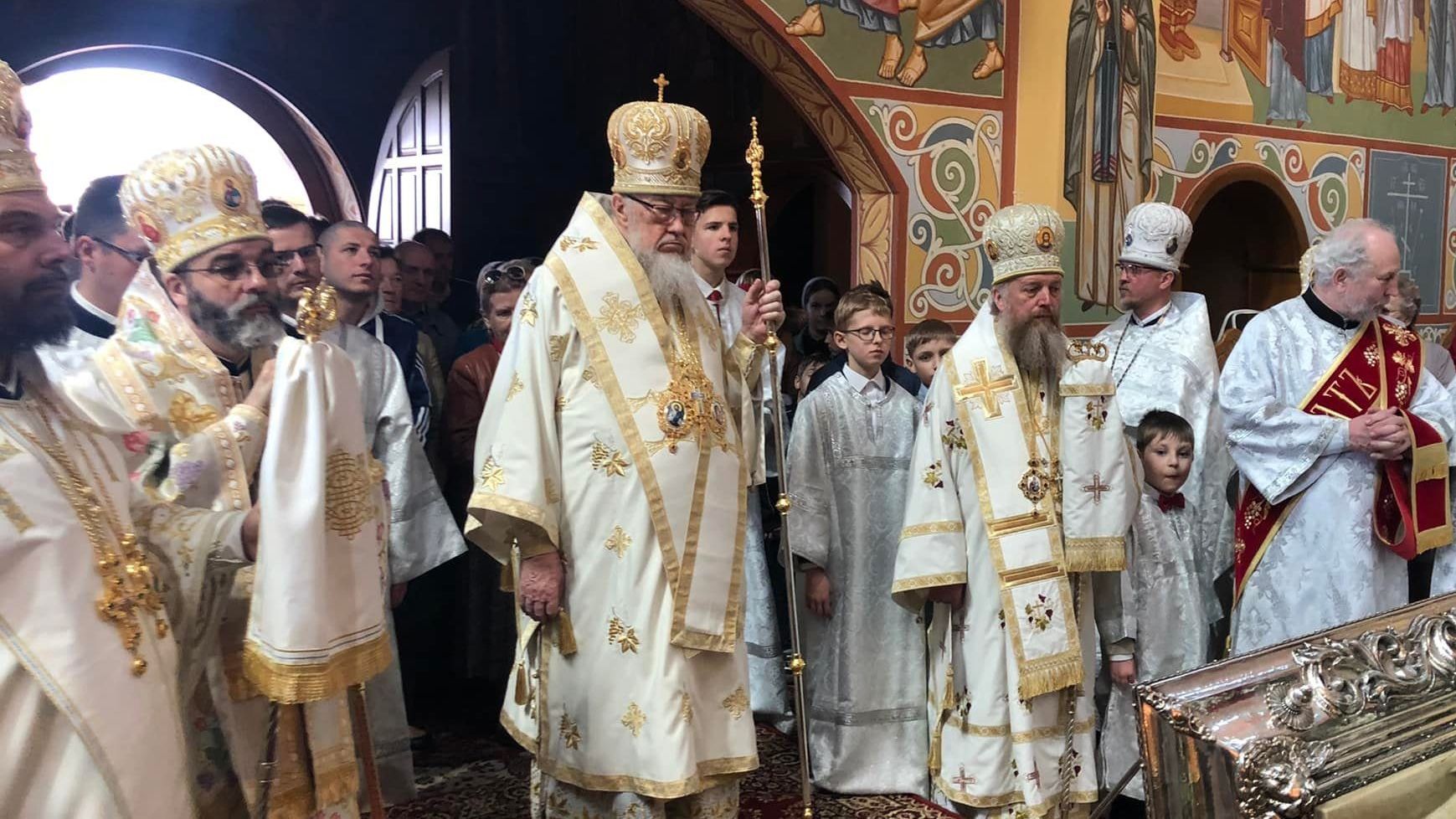
It may be helpful to discern the authentic intentions of the Polish Orthodox Church towards the Russian war against Ukraine and the policy of the Polish government to hear an emotional sermon by Metropolitan Sava Hrytsuniak delivered on 3rd May in Zwierki during the liturgical celebrations in honour of Saint Gabriel of Bialystok. The cult of this figure was revived 30 years ago by Metropolitan Sava himself. Although he is presented in official Polish materials simply as an innocent “patron saint of children and young people”, many researchers point out that Gabriel was a character created to justify anti-Semitism (as a six-year-old, he was said to have fallen victim to a Jewish ritual murder). In contrast, his cult, which flourished during the Nazi era, was repeatedly condemned by Jewish communities.
In his speech, Metropolitan Sava did not address these historical controversies, but there were political accents related to the current situation. Speaking in Russian about “protecting our homeland” from evil, the Head of the Polish Orthodox Church stated:
“At the moment, the lands of the Republic of Poland and Ukraine are experiencing the Second Brest Council, the renewal of the Union of Brest, and we must be aware of this and, if necessary, remind the rulers that the Brest Union led the Republic to ruin, led to various annexations...”.
This statement contains an unambiguously negative assessment of current Polish-Ukrainian relations made through the prism of historical religious ties. It is an example of classical disinformation because a state which does not exist is suggestively presented based on a false analogy to historical events (the religious union of 1596) and their pejorative overinterpretation (the union as a cause of the partitions of Poland in the 18th cent.). With the typical hyperbolisation of negative historical experiences as an alleged obstacle to Polish-Ukrainian partnership and friendship, this manipulation is widely used in Putin’s propaganda. It aims to foster mutual resentment – here on a religious basis, directed mainly against the Autocephalous Orthodox Church of Ukraine and Catholics of the Eastern rite.
The further words confirm this sense of the quoted statement in the homily by the Orthodox Metropolitan of Warsaw:
“(...) Since the 16th century, we have overcome, are overcoming and will overcome all evil and evil things. Orthodoxy is love. Orthodoxy sows peace. Orthodoxy wants to bring harmony and that which unites people everywhere. We cannot look indifferently at what is happening now abroad in the schism when the authorities themselves close Orthodox shrines, deprive people of worship and want to unite with Greek Catholics. We cannot look at this...”.
This quotation points to numerous analogies with the psychological manipulation technique used by Russian propaganda of presenting the aggressor as a victim and indicating intentions opposite to those intended (e.g. the use of the terms “defeating evil” and “bringing peace” as goals of the war being waged). The arguments given by Metropolitan Sava, calculated to cause anxiety in the recipient, belong to the standard ones disseminated by circles within Moscow’s sphere of influence. The main accusation is presented in disregard of the fact that many ecclesiastical buildings of the Ukrainian eparchies of the Moscow Patriarchate have no ownership or use rights and are often the result of arbitrary construction: the Ukrainian authorities have full prerogatives to solve this problem, taking into account considerations of national security. The striking selectivity also does not include the list of ecclesiastical buildings of the Moscow Patriarchate destroyed by the Russian Federation’s armed forces.
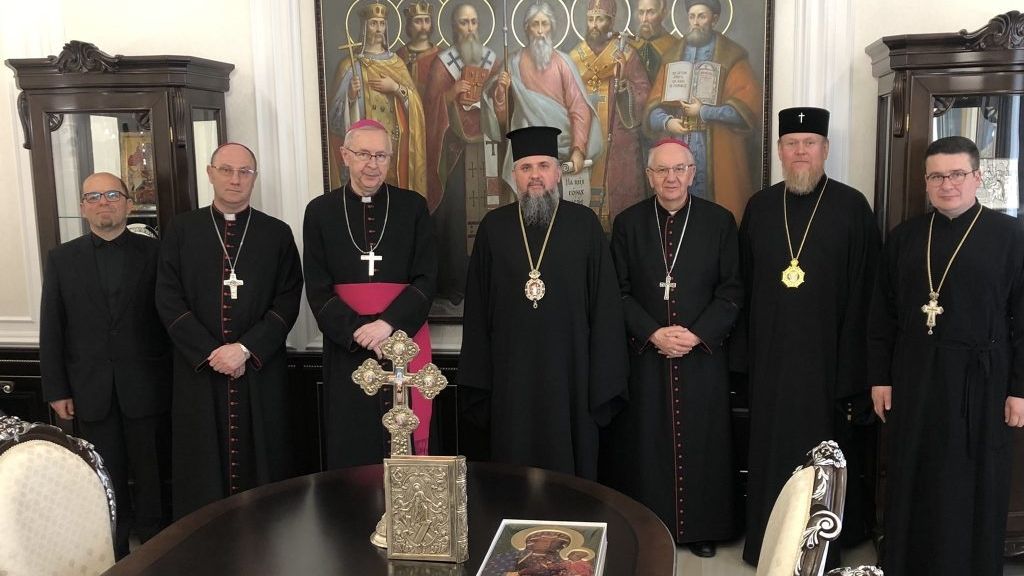
The whole sermon by Metropolitan Sava Hrytsuniak is maintained in the convention of an apocalyptic ‘scare of hell’, filled with religious martyrdom mixed with the revival of national-ethnic strife. It is a rhetoric that skilfully induces in its listeners a fear of the inevitability of being persecuted - in this context, the Hierarch said: “(...) the time will come when they will kill people and think they are serving God and such times are approaching”. Regrettably, there was no compassion for the Ukrainian victims of war and millions of war refugees, most of whom are Orthodox Christians, who were killed with incredible brutality. The Metropolitan sees evil on only one side, and it manifests itself, according to him, also in the freedom of Greek Catholics to worship:
“Satan is working hard today to draw everyone away from Christ, from the Orthodox Church, to draw them away from Orthodoxy. We cannot agree that they invented Uniate processions and walked in Suprasl. There is no consent for that.”
Nothing authorises the Orthodox Metropolitan of Warsaw to verbally violate the order of freedom of conscience and religion guaranteed by the Polish Constitution. The Lavra of Suprasl mentioned above has a rich history, from which it is difficult to erase the presence of the Basilians between 1631 and 1824. They certainly deserve a broader form of commemoration.
The rhetoric used in the sermon of Vladika Sava is not far removed from the agitational style by Patriarch Kirill of Moscow. Here, one can see a common resource of influence shaped by cooperation with the communist security apparatus. Interestingly, Patriarch Kirill, in his speech to the Russian Federation Council on 17th May, raised the same theme as Metropolitan Sava, but in a more sophisticated interpretation:
“It is no secret that the divisions between the peoples of historical Russia have been artificially provoked over the past few centuries, including from abroad. In this connection, a landmark event was the conclusion of the Church Union of Brest in 1596: an agreement according to which part of the clergy of the Orthodox Metropolis of Kyiv joined the Catholic Church. This act, aimed at destroying Orthodox unity, solved a very specific political problem for the Western powers. In the years of the Smuta Time, civil confrontation brought the Orthodox Zaporozhian Cossacks under the banner of the Polish interventionists. Unfortunately, this historical precedent of the division of Russia’s peoples was not the only one...”.
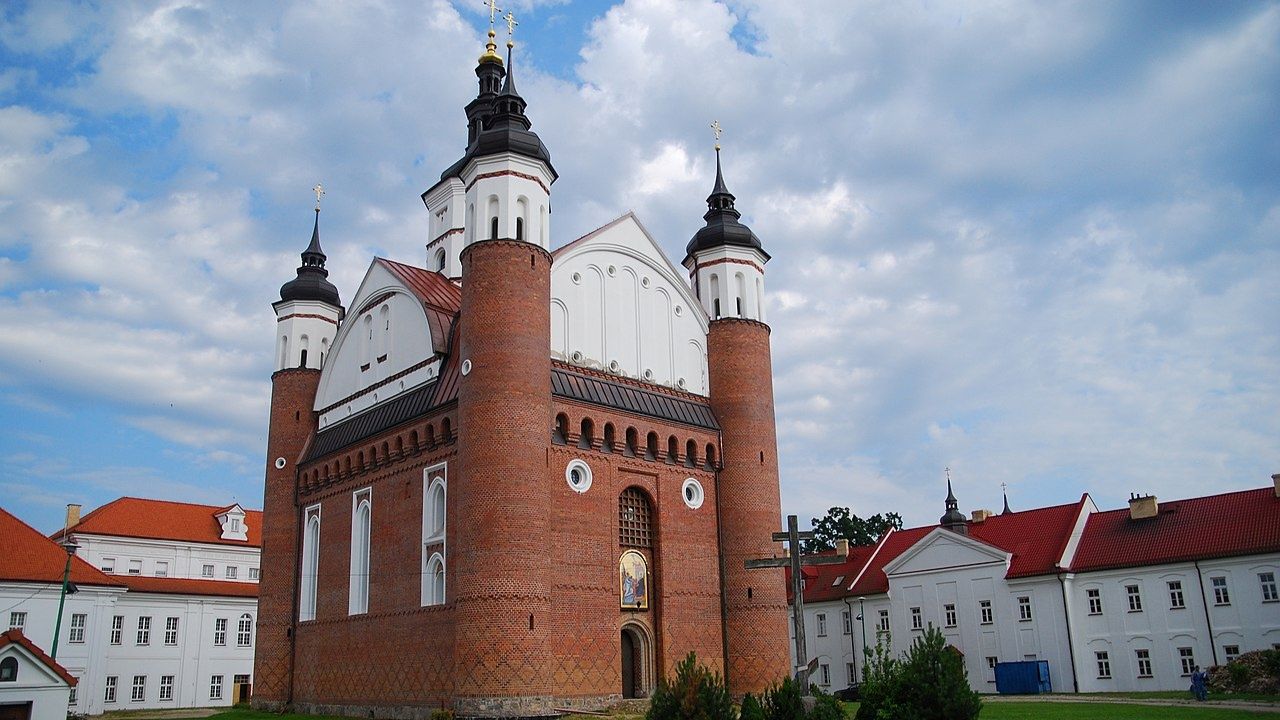
Crisis in ecumenical dialogue
On 24th May, Metropolitan Sava of Warsaw sent a letter (ref. 138/2022) to the Polish Ecumenical Council, an organisation of non-Roman Catholic faith communities, intervening in the recent ordination of nine women as pastors of the Evangelical-Augsburg Church of Poland. The Metropolitan announced that the Polish Orthodox Church, “preserving the teaching of the Holy Apostles and Forefathers,” does not recognise the practice of “holy orders” for women. Therefore he “suspends the participation of its representatives in ecumenical meetings, such as prayers, conferences, working sessions, etc., at which ‘presbyteresses’ will be present. If the problem intensifies, the membership of the Polish Autocephalous Orthodox Church in the Polish Ecumenical Council will be suspended.”
The basic problem is that Lutheranism does not recognise the priesthood as a sacrament but only a pastoral ministry and does not expect anyone to be otherwise. Therefore, in response to the stance of the Polish Orthodox Church, the Head of the Lutherans in Poland, Bishop Jerzy Samiec, wisely retorted: “the Orthodox community is entitled to its views and theology, just like Lutherans”. However, what caused consternation was the fact of Metropolitan Sava’s ruthless interference in the internal affairs of one of the Protestant churches with which his Church had been in official dialogue since 1946.
Surprising to the Orthodox themselves, Metropolitan Sava’s doctrinal opinion, which can be deduced from the document’s statements, considers only women as an obstacle to defining Lutheran ordination as a sacrament. Contrary to the assertions of Vladika Sava, it is a position incompatible with the traditional Orthodox sacramentology, which, like in Catholicism, states that Lutherans are deprived of apostolic succession. Looking for theological consistency, one should first address why, if the Orthodox Church recognises the diaconate as a degree of the sacrament of Holy Orders, it did not react earlier to the admission of women to the diaconal ministry among Polish Lutherans. One is surprised by Metropolitan Sava’s ignorance of his canonical tradition and his sudden turnaround in the long-standing contacts with many, also foreign, Protestant communities practising ordination of women – these relations brought material benefits to the Church. This statement of Metropolitan Sava, as lacking the features of a solid polemic to layout the Orthodox doctrine, thus does not put anything in order, but introduces even more doctrinal galimatias, is regressive for the interfaith dialogue, and exemplifies the absence of the expected tolerance, and even the culture of discussion.
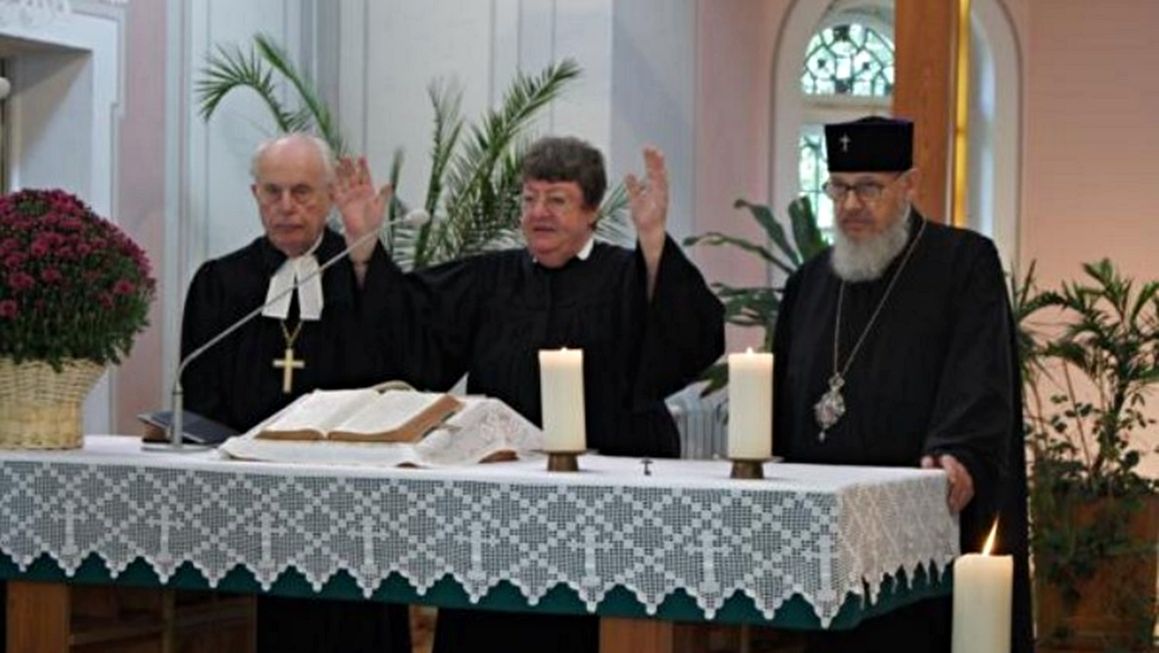
It should be recalled, for example, that in September 2012, Orthodox Archbishop Jeremiah Anchimiuk, known for his complicity in the Lutheran episcopal ordination of 1994, actively participated in a service led in Warsaw by Helga Trösken, the first woman among German Lutherans to be elected to a higher clerical office in 1987. These contacts raised doubts among part of the Orthodox community in Poland, but the Orthodox Metropolis did not intervene.
Unexpected changes in the attitude towards ecumenical dialogue on the part of the Polish Orthodox Church can only be interpreted as a manifestation of pragmatism, connected with adopting a pro-Moscow course and a desire to follow the policy of Patriarch Kirill. The Russian Orthodox Church expressed similar doubts about continuing the dialogue in 2009 when a woman bishop, Margot Käßmann, headed the Lutheran Church of Germany. However, she had already resigned from the Central Committee of the World Council of Churches in 2002 following a conflict with the Moscow Patriarchate.
_
The author of the text is the head of the Prognostic Research Centre on Religious Changes and deputy director of the Institute of Philosophy at the University of Wroclaw; he cooperates with the Centre for Doctrine and Training of the Polish Armed Forces as part of the “NUP 2X35” Campaign.







